 By Staff
By Staff
January 6th, 2019
BURLINGTON, ON
If you thought that your personal life was private – let us dissuade you of that fairy tale. Have a look at some of the patents Facebook has applied for in the recent past. The data we use comes from the New York Times.
One of the ways that the public can get some sense as to the direction a company might be going in terms of new product development is to keep an eye on the patents they apply for.
A patent sets out an idea for a product a company wants to produce and protects their idea from use by anyone else. In the past year Facebook executives have had to appear before Congressional committees in the United States and Parliamentary committees in the United Kingdom and asked to explain why they have made private information available to corporations who then mined that data and attempt to sway opinions.
There is a lot of evidence to suggest that the 2016 American presidential election and the decision made in the United Kingdom to leave the European Union was swayed by computer applications and “false” news stories on Facebook.
Many expect both Facebook and Google to come under some form of regulation that limits the information they collect and what they can do with information they do collect. Few people have any idea just how much information they have on us.
In a two part series the Gazette will be publishing a brief description of each patent and outlining what the impact of that patent might be.
Facebook has filed thousands of patent applications since it went public in 2012. One of them describes using forward-facing cameras to analyze your expressions and detect whether you’re bored or surprised by what you see on your feed.
Another contemplates using your phone’s microphone to determine which TV show you’re watching. Others imagine systems to guess whether you’re getting married soon, predict your socioeconomic status and track how much you’re sleeping.
 A review of hundreds of Facebook’s patent applications reveals that the company has considered tracking almost every aspect of its users’ lives: where you are, who you spend time with, whether you’re in a romantic relationship, which brands and politicians you’re talking about. The company has even attempted to patent a method for predicting when your friends will die.
A review of hundreds of Facebook’s patent applications reveals that the company has considered tracking almost every aspect of its users’ lives: where you are, who you spend time with, whether you’re in a romantic relationship, which brands and politicians you’re talking about. The company has even attempted to patent a method for predicting when your friends will die.
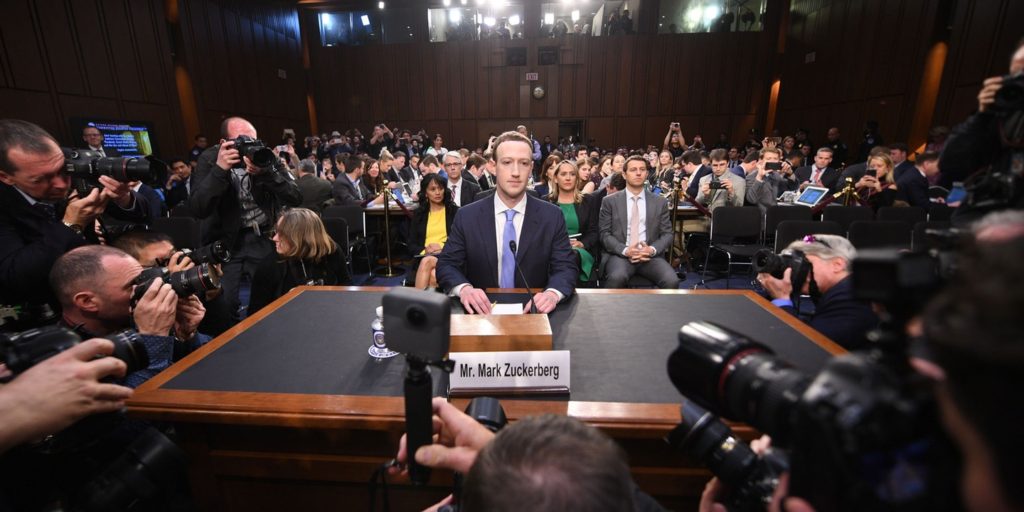
Mark-Zuckerberg, founder of Facebook, appears before Congress – says he wasn’t aware of how much data they were making available to private corporations.
Facebook has said repeatedly that its patent applications should not be taken as indications of future product plans. “Most of the technology outlined in these patents has not been included in any of our products, and never will be,” Allen Lo, a Facebook vice president and deputy general counsel, and the company’s head of intellectual property, said in an email.
Taken together, Facebook’s patents show a commitment to collecting personal information, despite widespread public criticism of the company’s privacy policies and a promise from its chief executive to “do better.”
“A patent portfolio is a map of how a company thinks about where its technology is going,” said Jason M. Schultz, a law professor at New York University.
Reading your relationships
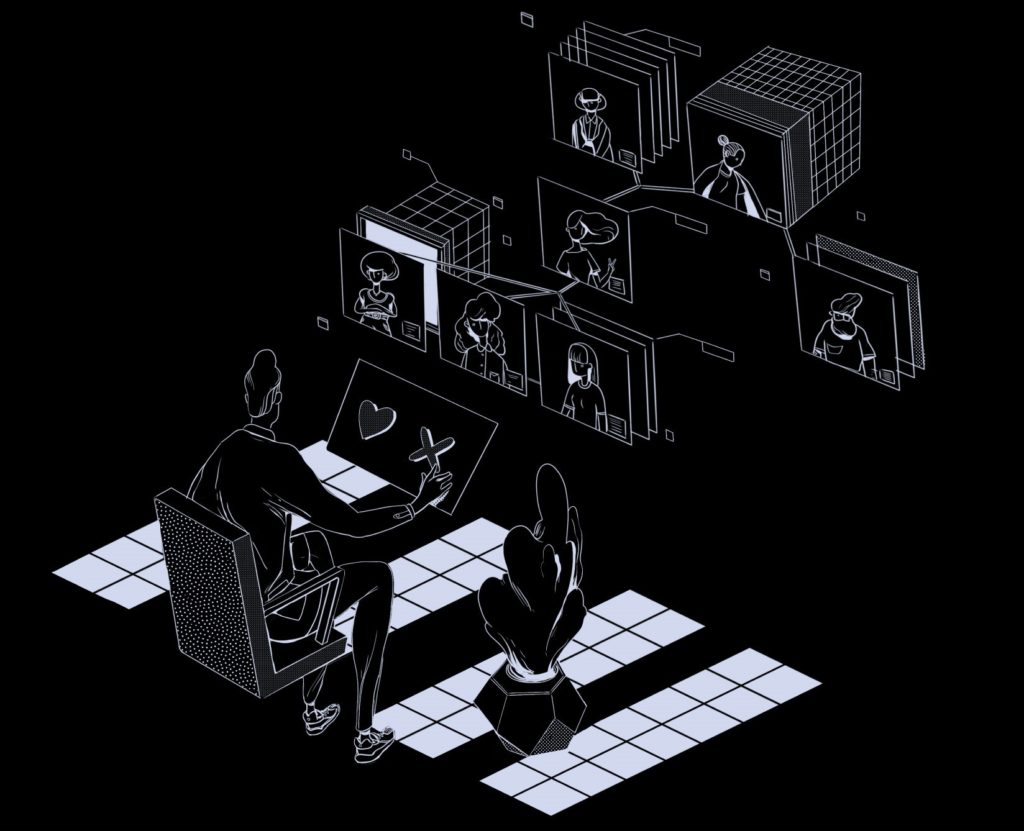
One patent application discusses predicting whether you’re in a romantic relationship using information such as how many times you visit another user’s page, the number of people in your profile picture and the percentage of your friends of a different gender. The application would infer relationship statuses of users of a social networking system
If you are into this kind of stuff you can look at the complete patent application on the US government patent site. This one is U.S. PATENT APPLICATION NO. 14/295,543
Classifying your personality
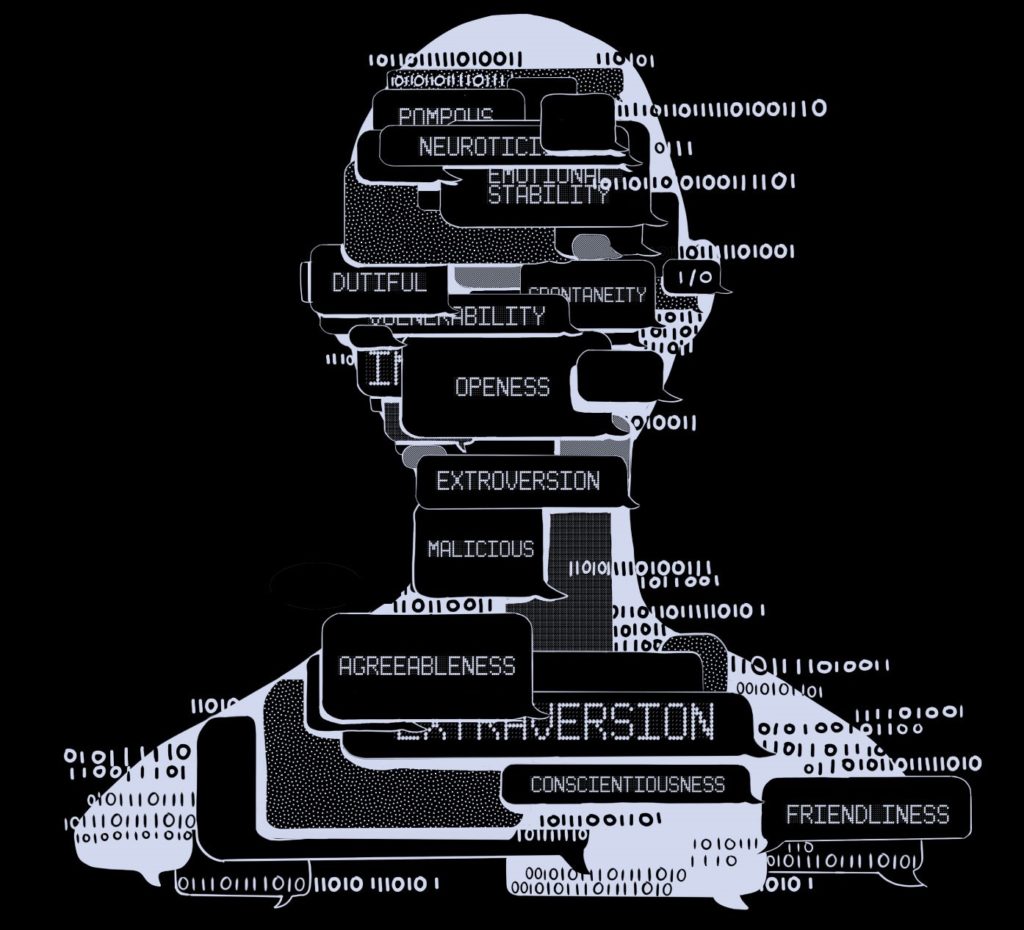 This one proposes using your posts and messages to infer personality traits. It describes judging your degree of extroversion, openness or emotional stability, then using those characteristics to select which news stories or ads to display. It is U.S. PATENT NO. 9,740,752 and intended to determine user personality characteristics from social networking system communications and characteristics.
This one proposes using your posts and messages to infer personality traits. It describes judging your degree of extroversion, openness or emotional stability, then using those characteristics to select which news stories or ads to display. It is U.S. PATENT NO. 9,740,752 and intended to determine user personality characteristics from social networking system communications and characteristics.
Predicting your future
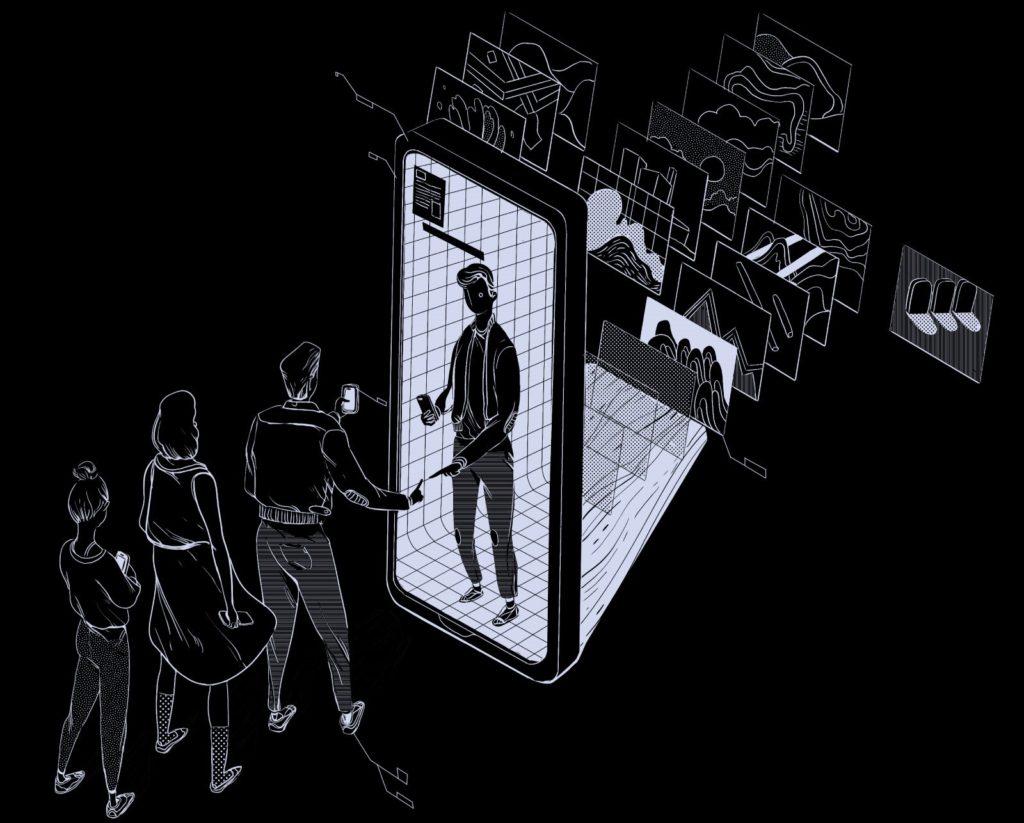
This patent application describes using your posts and messages, in addition to your credit card transactions and location, to predict when a major life event, such as a birth, death or graduation, is likely to occur. They appear to want to predict life changes of members of a social networking system. U.S. PATENT APPLICATION NO. 12/839,350
Identifying your camera
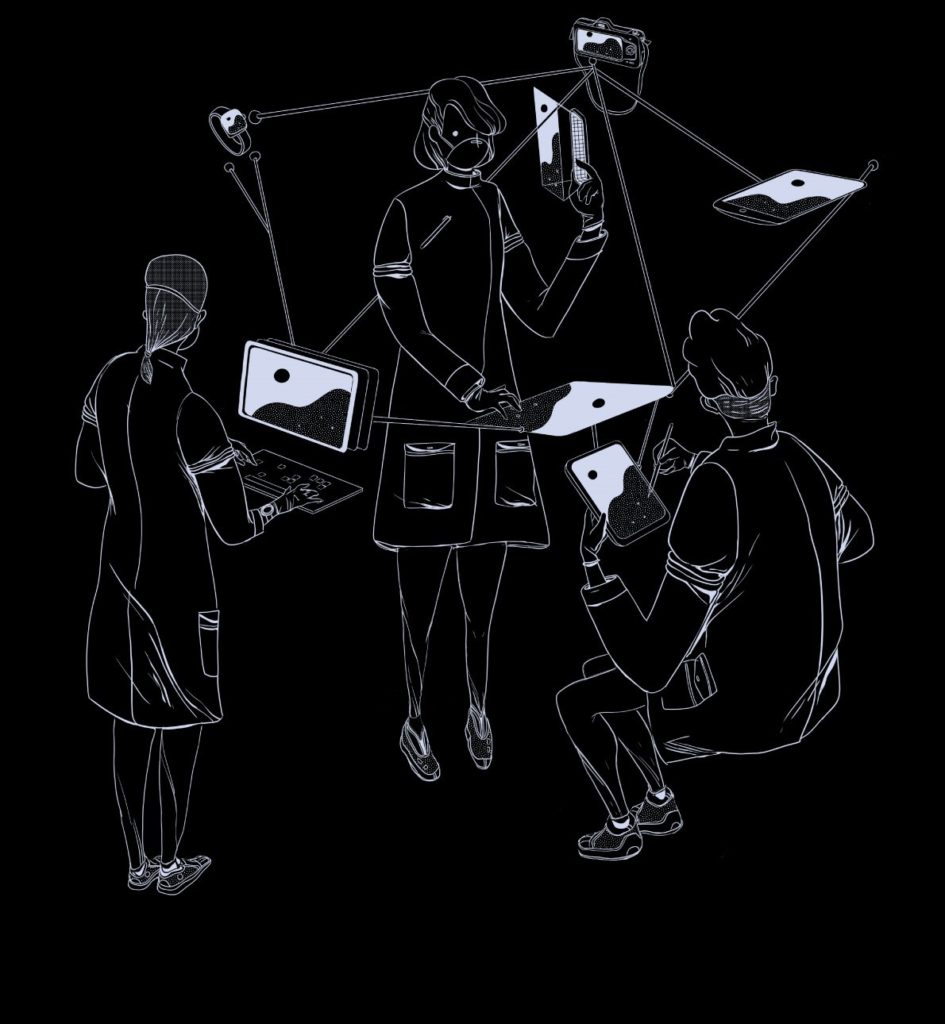
This patent considers analyzing pictures to create a unique camera “signature” using faulty pixels or lens scratches. That signature could be used to figure out that you know someone who uploads pictures taken on your device, even if you weren’t previously connected.
Or it might be used to guess the “affinity” between you and a friend based on how frequently you use the same camera. Patent US 20120072493A1 and U.S. PATENT NO. 8,472,662
Part two of this series will be published tomorrow.




















The old saying “information is power’ rings true, and when a tiny handful of people have total control over 90 percent of that astonishing power there is something seriously wrong. Another old saying comes to mind. Power corrupts, and absolute power corrupts, absolutely. A lot of wisdom in those old sayings.